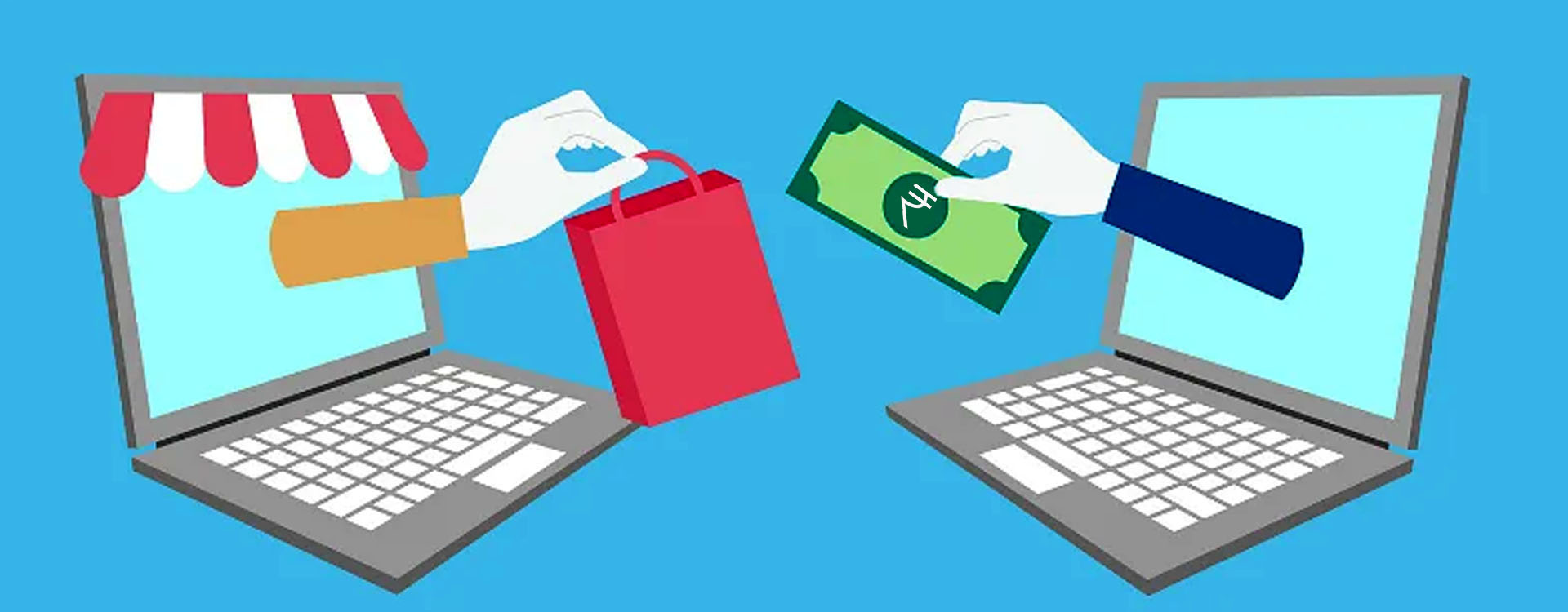D2C Brands Are Leveraging Technology To Acquire Customers
As we draw curtains to the year 2020, we realise that in the tight lockdown period, ecommerce became a lifeline to both business and consumers to ensure a normal life. Amid these, many private brands have recognized the benefits of eliminating middlemen and have opted for D2C (Direct to Consumer) channel. In D2C, startups enjoy the autonomy of designing brand messages and get direct access to consumer data. In 2020, the ecommerce market has unlocked online shoppers from tier 2 and 3 cities. Hence, 2021 for D2C startups will be the year for retaining and precise targeting of online shoppers through technology.
Voice search
The D2C startups might be surprised, but there lies a huge potential of voice search marketing. Apart, from being search optimised through the keyboard, they should enable their products and website to be voice search-friendly. According to IDC (International Data Centre), voice-enabled devices and the ‘hearables’ market is growing at a healthy rate of 289%. India is a smartphone-friendly nation, that too with an android that has the mandatory feature of voice assistants in smartphones. If D2C brands are worried about buyers who do not own a smartphone, they will still have access to voice search since now a simple Jio feature phone running on KraiOS is equipped with voice technology. These phones are widely found in far-flung rural areas. When the online store is voice optimised, Google pushes the business up in the search engine to be uttered first by the voice assistant which improves visibility. People utter long-tail keywords while speaking than typing, this makes voice SEO a must for
Artificial Intelligence
With advanced machine learning algorithms, D2C brands can offer hyper-personalised shopping experience to customers. One such technique is collaborative filtering which collects data based on the past product buys of the customers who visit the online store. It suggests other shoppers based on others’ choices who bought that same product or showed interest. For instance a customer looking for a formal shirt might get a suggestion of buying a matching tie for the same, as others have bought the same.
Omnichannel
Omnichannel will be a combination of sales through offline and online channels. Customers now seek convenience of easy product availability be it offline or online. Through omnichannel strategy, business efficiency of D2C will increase as the inventory becomes available in both offline and online channels. That in turn gives shorter time to get the product, increase sales, reduce logistics cost, leverage the supply chain, quicker deliveries and better utilisation of inventory.




